The best scientific estimates tell us human civilization is in overshoot. Were you aware of this? Do you know what overshoot is? This year (2019), Earth Overshoot Day in 2020 falls on August 22. Since 2003, scientists at Global Footprint Network have been analyzing UN data and satellite imagery to estimate the planet’s capacity to meet our needs (biocapacity), and humankind’s footprint - or demand (ecological footprint) - on that capacity. Their analysis suggests we have been in overshoot since…
Tag Archives climate change
While world leaders continue all efforts to return to high rates of GDP growth, a growing list of visionaries around the world are collaborating to redefine economic objectives in a more meaningful and sustainable way. Former White House advisor Gus Speth has been at the forefront of new economic thought for decades (see his work at the The Next System Project). His prescription for change is not a bunch of economic mumbo-jumbo for boards and bankers. His ideas reach deep into the way…
Relocalization may be the most important strategy for minimizing climate change. According to Bill McKibben, “working as communities is the most important thing that we can be doing right now.” In this wide-ranging conversation about the sustainability of our civilization, McKibben shares his thinking about much more than climate change, including the fact that having “more” is not necessarily the key to our happiness. For a long time more and better were pretty much in the same direction….But sometime, and…
Do we behave rationally? You might be surprised how often our decision-making deviates from what is in our best interest. Behavioral economist Dan Ariely studies human behavior and decision-making. His experiments have led him to startling conclusions. We repeatedly and predictably make the wrong decisions in many aspects of our lives.” We may be rats in a maze for scientific study, but Dan Ariely puts a refreshingly human face on the scientific study of why we do the things we…
Today it could be argued that human beings daily act against our own self-interest. How? Biologist Paul Ehrlich and fellow scientists tell us we are expanding our population and economy beyond the Earth's carrying capacity– at our peril. Why do we insist on continuing? Humanity in the last few hundred years has become the dominant animal on this planet. We are changing...the atmosphere to the point where we’re threatening our very sustainability, we are now mobilizing most minerals more rapidly…
Lorna Salzman has the chops to be an outspoken critic of many in the modern environmental movement. She played a key role in the early days of Friends of the Earth alongside David Brower (the first executive director of the Sierra Club), beginning a 40-year career as an environmental activist, writer, lecturer and organizer. A contender for the Green Party presidential nomination in 2004, Salzman is an iconoclast in every sense of the word. In this 2010 interview we hear…
Our 41st episode is a retrospective of Seasons 1 and 2 of Conversation Earth. In this episode we turn the table, as co-producer Kaitlyn Hickmann interviews host/creator Dave Gardner. The two share highlights from previous episodes and discuss the joys and challenges of producing the series. Please comment below to let us know your favorite moment from the series. Thanks so much for listening, sharing and supporting this series. This episode serves as a great sampler, giving you a taste…
Are we all “bystanders” when it comes to responding rationally to the serious environmental crises faced by our civilization? How is our behavior shaped by that of those around us? We’ve all heard of “the bystander effect” in which a large number of people stand by and do nothing to help someone in trouble. According to social norms theory, misperceptions of the attitudes or behaviors of our peers can cause the expression of problem behavior and the inhibition of healthy…
A scaled-up local food system may be the only way we can feed ourselves as we weather the storm of climate change. Until now, CSAs, urban gardens and farmer’s markets have been the face of the local food movement. But Michael Brownlee, author of The Local Food Revolution: How Humanity Will Feed Itself in Uncertain Times, tells us this is not nearly enough. In this episode, the first of a two-part conversation, Brownlee shares how global industrial agriculture is failing…

